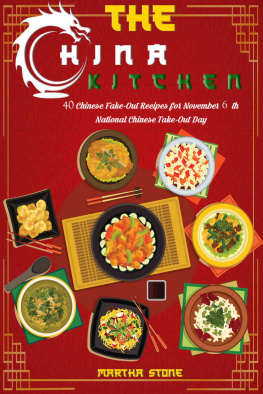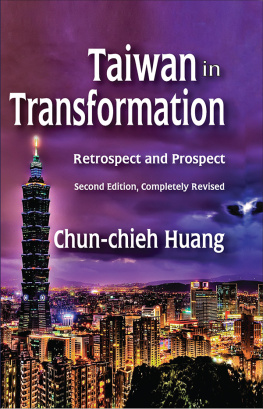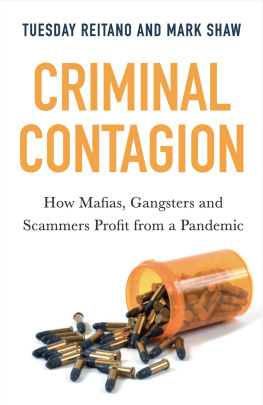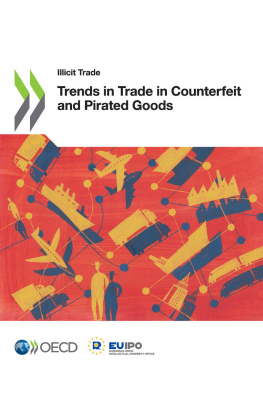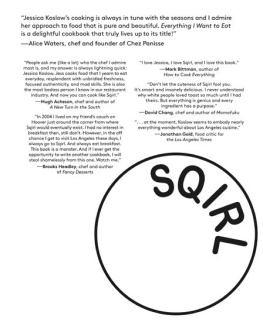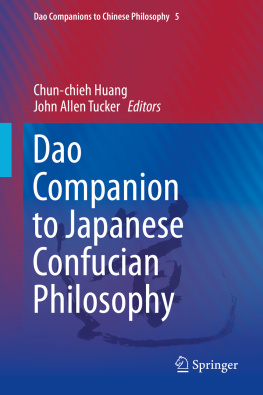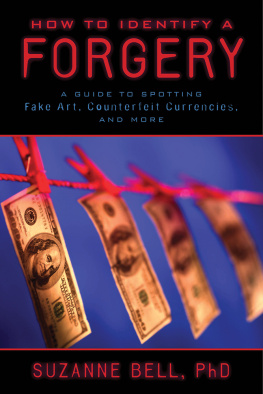
FAKE STUFF
The Anthropology of Stuff is part of a new series, The Routledge Series for Creative Teaching and Learning in Anthropology, dedicated to innovative, unconventional ways to connect undergraduate students and their lived concerns about our social world to the power of social science ideas and evidence. Our goal is to help spark social science imaginations and in doing so, new avenues for meaningful thought and action. Each Stuff title is a short text illuminating for students the network of people and activities that create their material world.
Yi-Chieh Jessica Lin reveals how the entrepreneurial energy of emerging markets, such as China, includes the opportunity to profit from fake stuff, that is counterfeit goods that rely on our fascination with brand names. Students will discover how the names and logos embroidered and printed on their own clothes carry their own price tag above and beyond the use value of the products themselves. The book provides a wonderful introduction for students to global markets and their role in determining how they function.
Yi-Chieh Jessica Lin holds a Ph.D. degree in Anthropology from Harvard University. She is Assistant Professor of General Education at the National Chung-Hsing University, Taiwan. She has published short stories and essays in various Chinese newspapers since 1994. She worked as a television reporter for China Television Company in the past and produced documentaries on post-earthquake reconstructions.
The Routledge Series for Creative Teaching and Learning in Anthropology
Editor : Richard H. Robbins, SUNY at Plattsburgh
This series is dedicated to innovative, unconventional ways to connect undergraduate students and their lived concerns about our social world to the power of social science ideas and evidence. Our goal is to help spark social science imaginations and in doing so, new avenues for meaningful thought and action.
Available
Re-Imagining Milk by Andrea S. Wiley
Coffee Culture by Catherine M. Tucker
Lycra by Kaori OConnor
Forthcoming
Reading the iPod as an Anthropological Artifact by Lane DeNicola
FAKE STUFF
China and the Rise of Counterfeit Goods
Yi-Chieh Jessica Lin
Harvard University

NEW YORK AND LONDON
First published 2011
by Routledge
711 Third Avenue, New York, NY 10017
Simultaneously published in the UK
by Routledge
2 Park Square, Milton Park, Abingdon, Oxon OX14 4RN
Routledge is an imprint of the Taylor & Francis Group, an informa business
This edition published in the Taylor & Francis e-Library, 2011.
To purchase your own copy of this or any of Taylor & Francis or Routledges collection of thousands of eBooks please go to www.eBookstore.tandf.co.uk.
2011 Taylor & Francis
The right of Yi-Chieh Jessica Lin to be identified as author of this work has been asserted by her in accordance with sections 77 and 78 of the Copyright, Designs and Patents Act 1988.
All rights reserved. No part of this book may be reprinted or reproduced or utilised in any form or by any electronic, mechanical, or other means, now known or hereafter invented, including photocopying and recording, or in any information storage or retrieval system, without permission in writing from the publishers.
Trademark Notice: Product or corporate names may be trademarks or registered trademarks, and are used only for identification and explanation without intent to infringe.
Library of Congress Cataloging-in-Publication Data
Lin, Yi-Chieh Jessica.
Fake stuff : China and the rise of counterfeit goods / Yi-Chieh Jessica Lin.
p. cm.(The Routledge series for creative teaching and learning in anthropology)
1. Product counterfeitingChina. 2. Consumption (Economics)Social aspects. 3. Brand name productsSocial aspects. 4. Intellectual property infringementChina. 5. ChinaCommerce. I. Title.
HF1040.9.C6L57 2011
364.16'680951dc22 2010037392
ISBN 0-203-82975-1 Master e-book ISBN
ISBN 13: 9780415883023 (hbk)
ISBN 13: 9780415883030 (pbk)
ISBN 13: 9780203829752 (ebk)
For my family
CONTENTS
SERIES FOREWORD
The premise of these short books on the anthropology of stuff is that stuff talks, that written into the biographies of everyday items of our livescoffee, T-shirts, computers, iPods, flowers, drugs, and so forthare the stories that make us who we are and that makes the world the way it is. From their beginnings, each item bears the signature of the people who extracted, manufactured, picked, caught, assembled, packaged, delivered, purchased and disposed of it. And in our modern market-driven societies, our lives are dominated by the pursuit of stuff.
Examining stuff is also an excellent way to teach and learn about what is exciting and insightful about anthropological and sociological ways of knowing. Students, as with virtually all of us, can relate to stuff, while, at the same time, discovering through these books that it can provide new and fascinating ways of looking at the world.
Stuff, or commodities and things are central, of course, to all societies, to one extent or another. Whether it is yams, necklaces, horses, cattle, or shells, the acquisition, accumulation and exchange of things is central to the identities and relationships that tie people together and drive their behavior. But never, before now, has the craving for stuff reached the level it has; and never before have so many people been trying to convince each other that acquiring more stuff is what they most want to do. As a consequence, the creation, consumption, and disposal of stuff now threatens the planet itself. Yet to stop or even slow down the manufacture and accumulation of stuff would threaten the viability of our economy, on which our society is built.
This raises various questions. For example, what impact does the compulsion to acquire stuff have on our economic, social, and political well-being, as well as on our environment? How do we come to believe that there are certain things that we must have? How do we come to value some commodities or form of commodities above others? How have we managed to create commodity chains that link peasant farmers in Colombia or gold miners in Angola to wealthy residents of New York or teenagers in Nebraska? Who comes up with the ideas for stuff and how do they translate those ideas into things for people to buy? Why do we sometimes consume stuff that is not very good for us? These short books examine such questions, and more.
The story of fake stuff, or counterfeit goods as told by Yi-Chieh Jessica Lin reveals a fascination for so-called brand names on the one hand, and getting a bargain on the other. Names and logos carry a price tag; companies that produce common itemsshoes, soft drinks, clothing, and electronicshave succeeded in attaching value to their brand and are able, as a consequence, to charge consumers considerably more than the same product without the name. This, of course, has opened the door to entrepreneurs able to produce largely the same item, with a slightly different name (e.g. i-Orange, Vike, etc.), or even the same name, as Yi-Chieh Jessica Lin relates, and sell it at a far lower price. China, now bursting with entrepreneurial energy, has taken full advantage of the opportunity offered by this market niche to become the center of the global trade in counterfeit goods. But Professor Lin also tells a larger story of the debate over intellectual property rights, the chain that links fashion designers in Paris to assembly plants in China, and, how fake stuff creates, not just the opportunity for profit, but for protest as well. After reading this book, youll never look at fake stuff the same way again.







